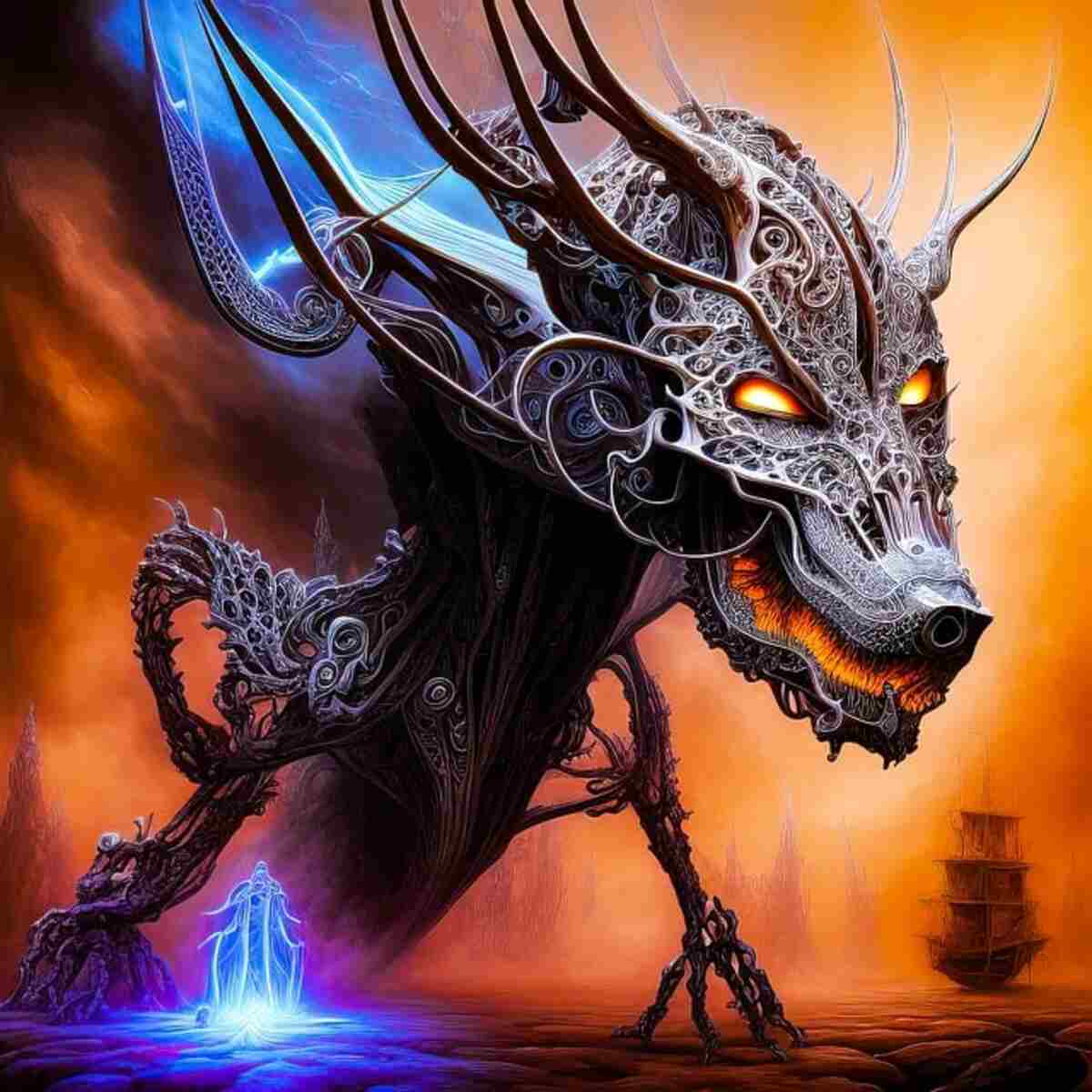Scientists tend to take a skeptical view of paranormal claims, with studies finding that students majoring in science tend to believe less in ghosts and supernatural entities like Bigfoot than others do. Yet many still hold faith in such beliefs – from ghosts and aliens all the way up to Bigfoot himself! The Interesting Info about Ancient Civilizations Secrets.
Researchers have discovered that ghost hunters are more likely to perceive words within recordings of random noise than others. This phenomenon is called pareidolia, which causes the brain to add faces to images containing random noise.
Psychiatry
Psychiatry is a medical field specializing in diagnosing and treating mental illnesses, often with complex symptoms that are vague or nonexistent. While treatment usually cannot cure most diseases entirely, many patients require long-term or even lifelong plans of therapy.
Psychology holds that paranormal experiences are linked with psychological disorders like schizotypy or schizophrenia. Studies have demonstrated that people with these traits tend to experience paranormal beliefs and experiences (Claridge 1997). However, some researchers have attempted to prove that such beliefs or experiences don’t necessarily indicate mental illness or disorders such as bipolar.
Michiel Van Elk, an associate professor of cognitive psychology at Leiden University in the Netherlands and a self-described skeptic, is among these researchers. His lab investigates cognitive differences that might explain why some individuals believe in paranormal activity; specifically, he has discovered that those who believe tend to trust their intuition and emotions more than other people and perceive more illusory agents during random motion displays, indicating greater sensitivity to paranormal activity.
Studies have linked paranormal experiences and beliefs with various mental conditions, including depression, anxiety, and post-traumatic stress disorder (PTSD). This may be because such experiences can trigger chemical imbalances within the brain or as the result of neurological or biological causes – for instance, damage to the right hemisphere of the brain.
Neurology
Neurology is the field of medicine dedicated to studying diseases of the brain, spine, and nerves. Neurologists specialize in diagnosing and treating nervous system disorders by performing tests like CT or magnetic resonance imaging scans as well as electroencephalogram or electromyography for nerve assessment. Furthermore, neurologists may analyze cerebrospinal fluid to detect infections or abnormalities within the spinal cord that might lead to symptoms like weakness or sensation loss.
Scientists have revealed that various neurological conditions, including epilepsy and migraine headaches, can give rise to paranormal experiences. Studies have also demonstrated a correlation between this experience’s frequency and neuronal activity in the temporal lobes of the brain responsible for visual memory retrieval, spoken language processing, visual memory recall itself, and paranormal experiences that typically happen between 2 am-4 am. Discover the best info about the Science Behind The Paranormal.
Even with this evidence, scientists remain divided on whether psi exists. Some, such as the Head of Anomalistic Psychology Research Unit at Goldsmiths University of London, hold that supernatural experiences such as ghostly encounters and ESP are real and can be explained away through psychological factors like sleep paralysis or inattentional blindness; others, such as author of Outside the Gates of Science: Why It’s Time for Paranormal to Come Into Science argue psi is a legitimate scientific phenomenon that should be examined thoroughly by researchers.
Neurosurgery
Neurosurgery is a medical specialty specializing in brain and spinal cord conditions. Neurosurgeons offer surgical solutions as well as non-surgical remedies, such as medication and physical therapy, to diagnose and treat disorders of both. Furthermore, multidisciplinary teams may include multiple specialists as part of treatment teams.
Neurosurgeons specialize in treating brain and nervous system tumors, infections, cerebrovascular disease, spinal injuries, and degenerative diseases. They also have expertise in treating traumatic brain injury by extracting blood clots from skull fractures and repairing bone fragments within the head, relieving intracranial pressure to minimize physical, emotional, and cognitive complications caused by TBIs.
Neurosurgeons frequently handle cases involving paranormal experiences. Researchers have discovered that those who report having been affected by poltergeists are more likely to have experienced damage to the parts of the brain responsible for visual processing, perhaps accounting for their reports of seeing invisible moving objects. Furthermore, scientists discovered that people sensitive to paranormal experiences are better at perceiving patterns within random noise, which might help explain why some believe they can paint like Michelangelo or develop mathematical formulae with Einstein-esque creativity.
Before seeking surgical intervention, paranormal believers should consult a neurologist for evaluation and advice on what their best course of action should be.
Psychology
Psychology is a science that studies human minds and behavior through observations and experiments using scientific methodology. Once created, this knowledge must be tested against other knowledge generated via observations or experiments and validated; once validated, it becomes part of a scientific theory that provides a broad explanation of natural phenomena. Psychology covers an expansive spectrum of topics spanning adolescence through criminal investigation as well as brain function, such as memory storage and retrieval.
Psychologists have long conducted research into the paranormal, with research often centering around psychological factors that cause people to believe in its existence. For instance, they’ve investigated why some individuals think they’ve had paranormal experiences like telepathy or precognition, and this evidence is often presented as proof that “psi” (an umbrella term encompassing phenomena that defy conventional scientific explanation) does exist.
Psychologists have conducted extensive studies of how television shows promote belief in the paranormal. They have determined that these shows are most convincing when investigators appear trustworthy and impartial, as well as when dramatic yet sincere testimonials from individuals who claim they have experienced paranormal phenomena are used. Such techniques have proven particularly influential for viewers with lower cognitive needs who might otherwise dismiss these experiences altogether. Psychologists take great care to prevent contamination in their research while making their data as clear and transparent as possible.


